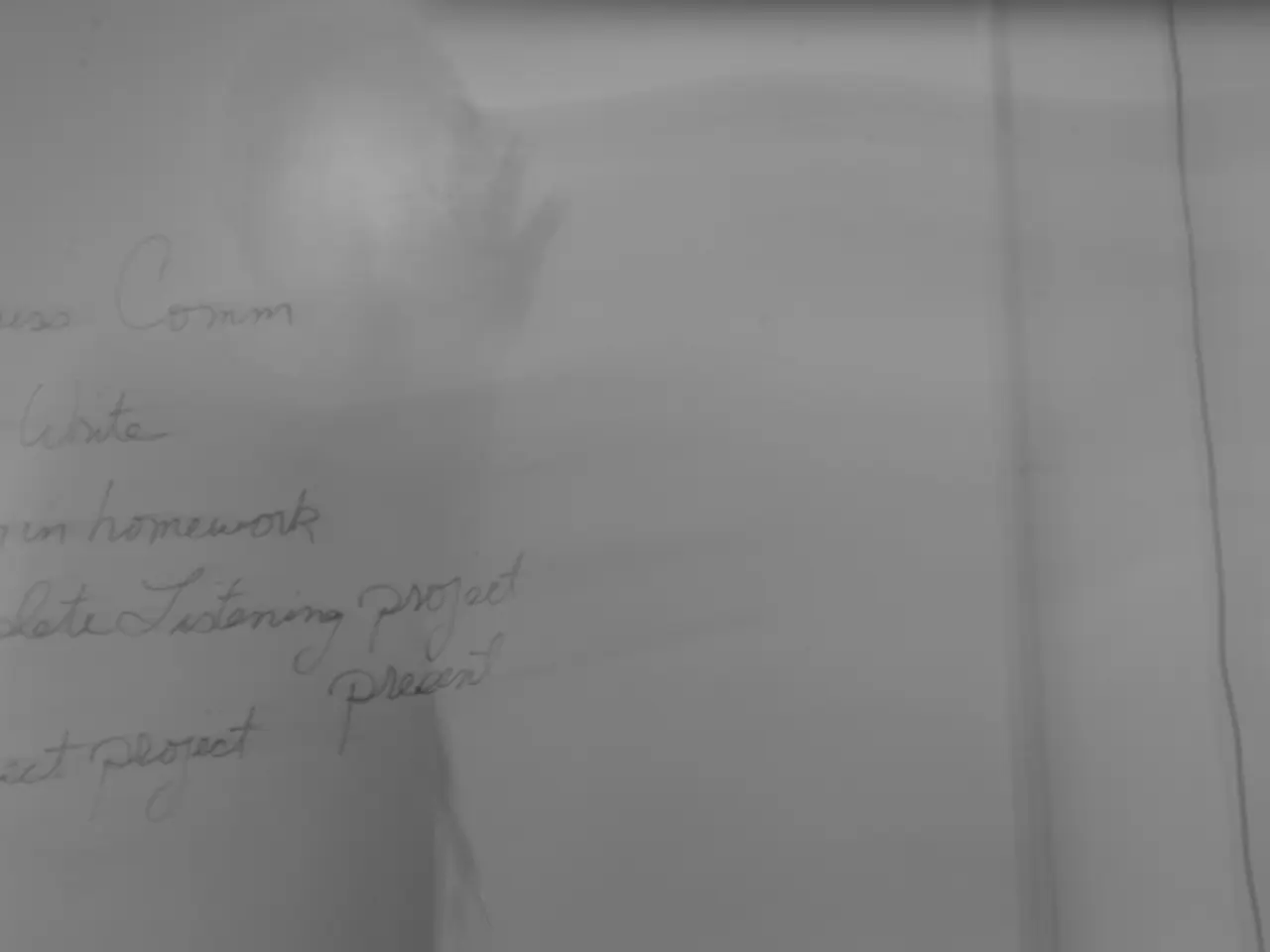Guaranteeing Voting Fairness: The Job of India's Election Commission
The Election Commission of India (ECI) plays a pivotal role in maintaining the integrity of the country's democratic process. Entrusted with the supervision and control of elections to Parliament, state legislatures, and the offices of the President and Vice-President under Article 324 of the Indian Constitution, the ECI is responsible for ensuring free and fair elections [1].
To improve compliance with the Model Code of Conduct (MCC) and campaign finance rules, the ECI has suggested granting it greater statutory powers. These powers could include imposing higher fines, disqualifying repeat offenders, and temporarily banning individuals from contesting elections [2]. Balancing rapid elections with quality and transparency requires adequate time for candidate vetting, voter list verification, and thorough enforcement of electoral laws [3].
The Representation of the People Act, 1950, outlines the legal framework for preparing and revising electoral rolls, while the Representation of the People Act, 1951, focuses on the actual conduct of elections, detailing nomination procedures, the regulation of political parties, election offences, and grounds for disqualification [4].
The ECI enforces the MCC in high-profile cases through vigilant monitoring, coordination with officials and law enforcement, issuing warnings, and sometimes publicly reprimanding offenders, all grounded in constitutional authority though without statutory penalty power [1][3][5]. Key challenges include managing large volumes of complaints efficiently and ensuring that enforcement actions are seen as impartial and credible to maintain public trust [3][2].
Safeguarding the ECI's independence is essential for sustaining a credible, corruption-free, and participatory electoral system for generations to come [6]. A corruption-free electoral process demands stronger campaign finance regulations, robust enforcement of the Model Code of Conduct, and a zero-tolerance approach to electoral malpractices [7].
The ECI has undertaken several landmark interventions, such as the nationwide adoption of EVMs, the introduction of VVPAT systems, strict enforcement of the Model Code of Conduct, and the disqualification of candidates for corrupt practices or failure to disclose assets [8]. To improve transparency in political financing, the ECI has advocated for and implemented measures such as mandatory disclosure of contributions above a certain threshold, public access to financial statements of parties, and the introduction of electoral bonds under government policy [9].
Collaboration with civil society, media, and technology platforms, combined with active citizen participation, will be essential to preserve public trust and uphold the credibility of the democratic process. India can draw practical ideas from other election bodies while preserving its constitutional structure. One idea is creating faster adjudication of disputes through specialized election benches or time-bound tribunals [10].
Protecting the independence of the ECI is critical to its effectiveness. Any erosion of its autonomy, whether through political interference, inadequate resources, or legal constraints, risks weakening the very foundation of India's democracy [11]. The future of electoral integrity in India depends on strengthening the Election Commission's independence, enhancing its enforcement powers, and adapting to technological and political challenges.
References:
[1] The Indian Express. (2021, January 14). How Election Commission of India enforces Model Code of Conduct. The Indian Express. https://indianexpress.com/article/explained/how-election-commission-of-india-enforces-model-code-of-conduct-7062079/
[2] The Hindu. (2020, April 22). Election Commission recommends tougher penalties for violations of Model Code of Conduct. The Hindu. https://www.thehindu.com/news/national/election-commission-recommends-tougher-penalties-for-violations-of-model-code-of-conduct/article31428378.ece
[3] The Print. (2019, April 24). ECI's fight against election malpractices: Challenges and solutions. The Print. https://theprint.in/opinion/ecis-fight-against-election-malpractices-challenges-and-solutions/273685/
[4] PRS Legislative Research. (2021). Representation of the People Act, 1950. PRS Legislative Research. https://prsindia.org/billtrack/representation-of-the-people-act-1950
[5] The Wire. (2019, March 31). How the Election Commission of India enforces the model code of conduct. The Wire. https://thewire.in/politics/how-the-election-commission-of-india-enforces-the-model-code-of-conduct
[6] The Hindu. (2021, February 1). Safeguarding the Election Commission of India's independence. The Hindu. https://www.thehindu.com/opinion/editorial/safeguarding-the-election-commission-of-indias-independence/article33401613.ece
[7] The Indian Express. (2020, March 26). A corruption-free electoral process demands stronger campaign finance regulations, robust enforcement of the Model Code of Conduct, and a zero-tolerance approach to electoral malpractices. The Indian Express. https://indianexpress.com/article/opinion/columns/a-corruption-free-electoral-process-demands-stronger-campaign-finance-regulations-robust-enforcement-of-the-model-code-of-conduct-and-a-zero-tolerance-approach-to-electoral-malpractices-7150583/
[8] The Print. (2020, September 15). Election Commission of India's landmark interventions: From EVMs to VVPATs and disqualification of corrupt candidates. The Print. https://theprint.in/india/election-commission-of-indias-landmark-interventions-from-evms-to-vvpats-and-disqualification-of-corrupt-candidates/420983/
[9] The Hindu. (2018, January 1). Election Commission of India advocates for transparency in political financing. The Hindu. https://www.thehindu.com/news/national/election-commission-of-india-advocates-for-transparency-in-political-financing/article22004435.ece
[10] PRS Legislative Research. (2020). Time-bound tribunals for election disputes. PRS Legislative Research. https://prsindia.org/billtrack/time-bound-tribunals-for-election-disputes
[11] The Print. (2020, November 24). Protecting the independence of the Election Commission of India is critical to its effectiveness. The Print. https://theprint.in/opinion/protecting-the-independence-of-the-election-commission-of-india-is-critical-to-its-effectiveness/517074/
- The ECI has proposed implementing digital campaigns and data analytics to improve compliance with the Model Code of Conduct, aiming to detect and deter violations more efficiently.
- To bolster the ECI's powers, suggestions have been made to leveraging social media resources for monitoring political parties and candidates, ensuring adherence to the MCC and campaign finance rules.
- As part of efforts to increase transparency in political financing, the ECI has recommended utilizing resources from general-news outlets and civil society organizations to expand coverage of electoral campaigns and funding sources.
- To address the challenge of managing a credible and impartial image during the enforcement of electoral laws, the ECI has considered utilizing analytics to track public sentiment on social media, guiding strategic communications and avoiding potential conflicts of interest.







